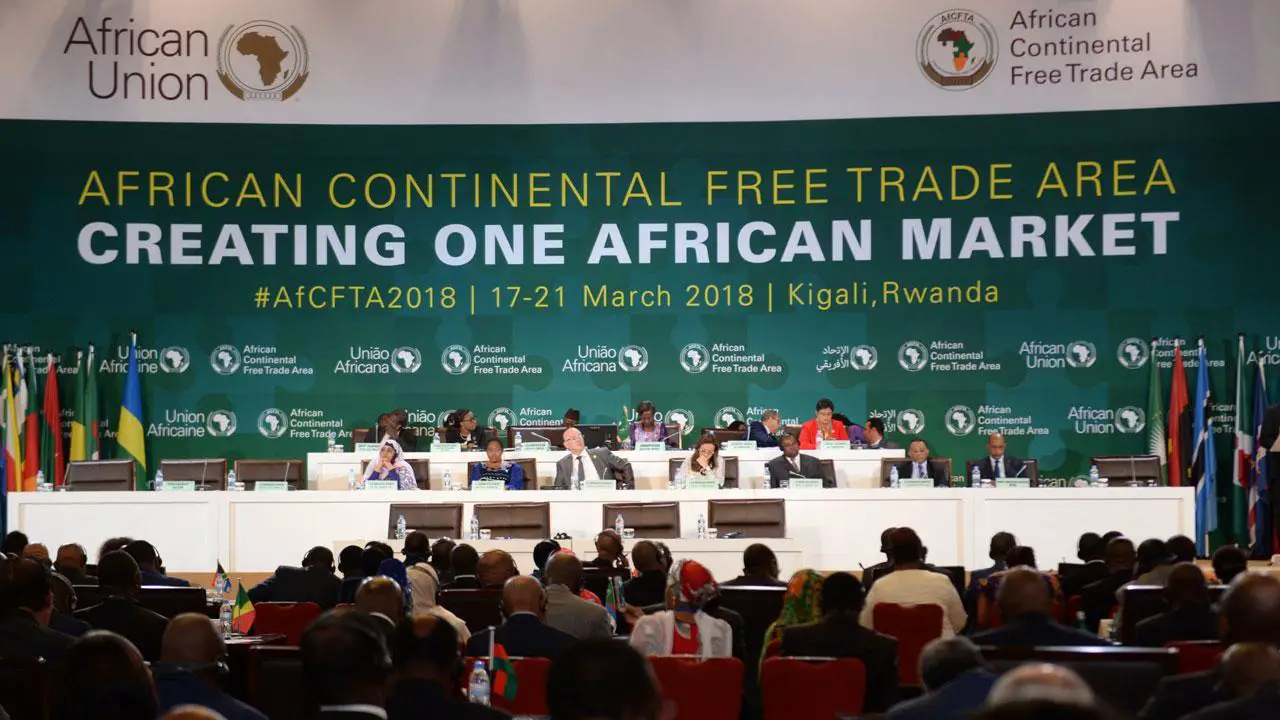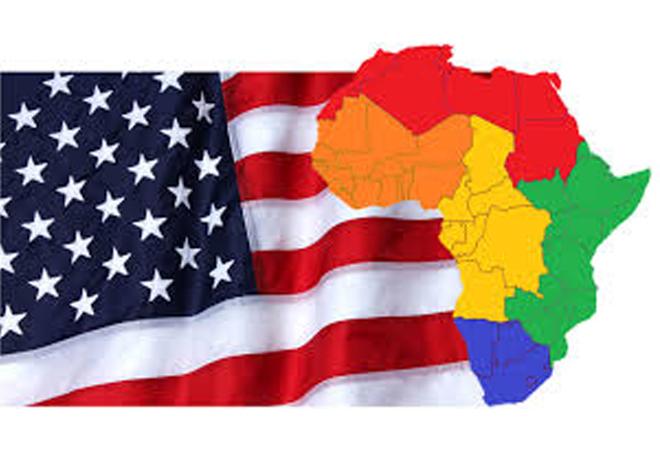The “New Scramble for Africa” is a term used to describe the increasing foreign presence and investment in Africa, especially in the resource-rich continent. This renewed focus on Africa has led to a renewed competition among various countries and global powers, including the United States, to secure access to Africa’s vast natural and economic resources.
A number of different factors, including the increasing demand for resources, the growth of African economies, and the global race for technological dominance has driven the new scramble for Africa. The United States has been particularly invested in this competition, seeing it as an opportunity to gain a strategic advantage in the global economy and geopolitics.
The United States has long been an important actor in the African continent, providing aid, military assistance, and economic investment. However, the US has recently become increasingly focused on securing access to the continent’s resources. This has been done in a number of ways, including backing controversial regimes, providing military and economic assistance, and investing heavily in resource extraction companies.
The US’s interest in Africa is rooted in its own economic, political, and strategic interests. By gaining access to Africa’s resources, the US can secure a strategic advantage in the global economy, protect its regional interests, and bolster its regional influence.
However, this renewed focus on Africa has come with a cost. In recent years, the US has been increasingly accused of propping up brutal dictators and oppressive regimes, exploiting African resources, and trampling on the rights of local communities. Human rights groups, environmental organizations, and African governments have widely criticized these actions.
According to an article by Foreign policy published on December 12, 2022, in Somalia, the U.S. strategy continues to be military focused despite little evidence that it’s turning the tide against the al-Shabab insurgency and in the face of a record of civilian casualties from U.S. airstrikes, joint military operations, and the Somali military that fuels al-Shabab propaganda. And the United States continues to provide security assistance to the Cameroonian military despite its egregious human rights abuses.
Further, the article added that America can take a big step toward new and sustained investments in governance through thoughtful implementation of the Global Fragility Act, which became U.S. law in 2019. While it’s in the early stages of implementation, the Global Fragility Act “directs the President to devise and implement a plan to combat global fragility” over 10 years and establishes funding for such efforts.
As a recommendation, the articles said that, for example, the United States has the chance to steer away from the overmilitarized approach taken in the Sahel in coastal West Africa and Mozambique and instead focus policy efforts on addressing governance challenges, with local communities taking the lead.
Regardless of the ethical implications, it is clear that the US’s interests in Africa remain strong. With the continent playing an ever-growing role in the global economy, the US is unlikely to walk away from its role in the new scramble for Africa anytime soon.
As Africa’s economies continue to grow, there is a market for American consumer goods. Consumer and business spending in Africa is expected to top US$6.6 trillion by 2030, up from US$4 trillion in 2015. Again, not only China, but also nations in every other region of the world, are looking to fill the continent’s need for consumer goods, according to Foreign Policy Research Institute.
Africa is more than a potential American consumer market; it has the potential to be a manufacturing center to meet American consumer needs, as well. Africa is the next best place to satisfy the supply-chain needs of the manufacturing sector. It has a wealth of young people and poverty, which translates into an available and willing workforce. Africa has demonstrated that it has the potential to become the world’s next factory. according to Foreign Policy Research Institute.
In addition to the manufacturing and consumer markets, there are prospects in the mining and energy industries. Again, the Chinese are in the lead compared to other players.

The U.S. Trade Representative (USTR), on behalf of the United States Government, signed a Memorandum of Understanding with the African Continental Free Trade Area (AfCFTA) Secretariat to support institutions to accelerate sustainable economic growth across the continent. Once fully implemented, the Agreement Establishing the AfCFTA will create a combined continent-wide market of 1.3 billion people and US$3.4 trillion, which would be the fifth-largest economy in the world.
The Millennium Challenge Corporation (MCC) and the Governments of Benin and Niger are signing the first regional compacts totaling US$504 million, with additional contributions of US$15 million from Benin and Niger, to support regional economic integration, trade, and cross-border collaboration. Since the start of this Administration, MCC also signed agreements with the Governments of The Gambia, Lesotho and Malawi for an additional US$675 million.
According to the White House, the Export-Import Bank of the United States (EXIM) currently has over US$7 billion in exposure throughout Africa, including new authorizations such as US$42 million in financing to the Republic of Angola for the purchase of GatesAir FM transmitters and US$7.4 million in financing to Sapele Power Plc (Sapele) in Nigeria for the purchase of American-manufactured energy storage systems from ESS Tech, Inc (ESS). At the Forum, EXIM signed several new Memorandums of Understanding (MoU), including: US$500 million MoU with the African Export-Import Bank (Afreximbank) to support diaspora engagement and strengthen EXIM’s commercial ties to the continent by increasing access to and awareness of EXIM financial products; a US$300 million MoU with Africa 50 to facilitate up to US$300 million in EXIM financing for the export of U.S. goods and services to buyers throughout Africa., particularly in support of infrastructure, transportation, digital technology and renewable energy projects; and a $500 million MoU with the Africa Finance Corporation to facilitate U.S. goods and services exports, promote U.S.-Africa trade, and support financing of trade-enabling projects.
U.S. Trade and Development Agency (USTDA) also announced over 15 new activities that are designed to help unlock close to $1 billion in financing for Africa’s clean energy, digital, and healthcare infrastructure priorities and create more than US$500 million in export opportunities for U.S. firms.











